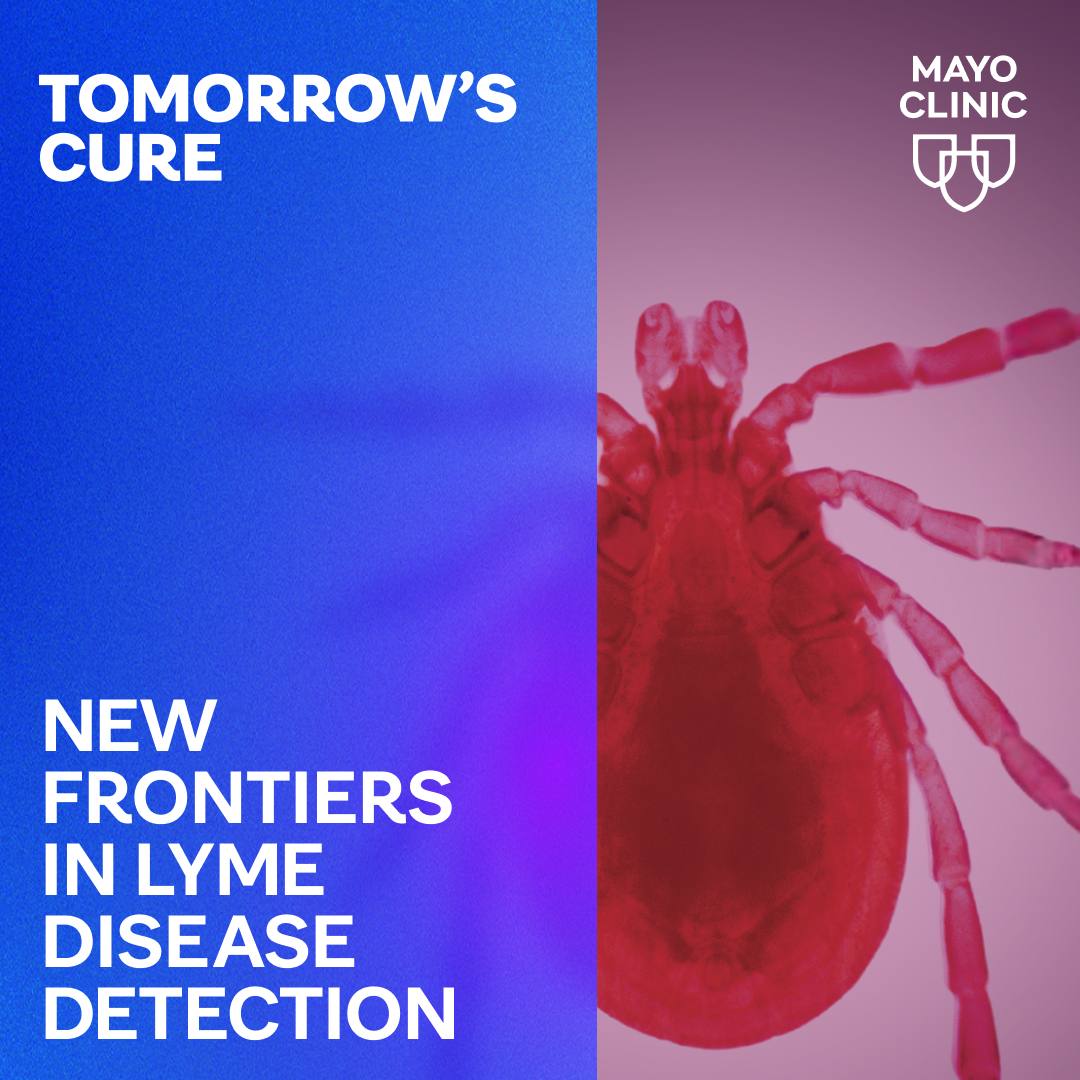-
Mayo Clinic implements Epic at Mayo Clinic Health System sites in Minnesota

ROCHESTER, Minn. — Mayo Clinic’s move toward a single, integrated electronic health record and billing system continues with the implementation of Epic at Mayo Clinic Health System sites in Minnesota.
Epic, which went live at those sites on Nov. 4, will replace the three electronic health record systems that Mayo Clinic now uses. The system meets the specific needs of Mayo Clinic patients and staff, and will become the foundation for operations for years to come.
“The project builds on the health care innovations and collaboration that are hallmarks of Mayo Clinic,” says Steve Peters, M.D., chief medical information officer, Mayo Clinic. “No matter which Mayo facility patients visit – whether in rural Minnesota, Rochester, Jacksonville or Phoenix – they will receive the same care and attention.”
Once Epic is in place across Mayo Clinic, patients and health care providers will have the information they need from one system. This includes medications, allergies, immunizations, lab results and health histories. Health care providers will be able to track and share information with patients and compare results with best practices. Patients will be able to use one online portal to access their Mayo Clinic information from all Mayo locations. Patients also can receive expanded notifications and preventive health reminders, and check in electronically. And they will receive one billing statement ─ no matter where at Mayo they are seen.
Known internally as the Plummer Project, this initiative builds on the legacy of Henry Plummer, M.D., who created the world’s first patient-centered, unified health record at Mayo Clinic more than a century ago. More than 51,000 Mayo staff members are being trained to use the new system.
Mayo Clinic’s Rochester campus is scheduled to go live in May 2018, and Mayo Clinic’s campuses in Arizona and Florida are scheduled to go live in October 2018. Mayo Clinic Health System sites in Wisconsin went live on July 8.
“The Plummer Project is applying the world’s most forward-thinking technology and processes to electronic health records and collaborative care systems throughout Mayo Clinic,” says Christopher Ross, chief information officer, Mayo Clinic. “This will further enhance the patient experience by facilitating even greater collaboration among our experts in delivering the high-value care, research and education that only Mayo can provide.”
###
About Mayo Clinic
Mayo Clinic is a nonprofit organization committed to clinical practice, education and research, providing expert, comprehensive care to everyone who needs healing. For more information, visit mayoclinic.org/about-mayo-clinic or newsnetwork.mayoclinic.org.
MEDIA CONTACT
Rhoda Madson, Mayo Clinic Public Affairs, 507-284-5005, newsbureau@mayo.edu







